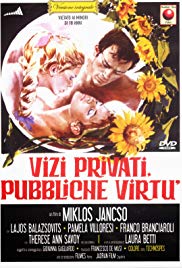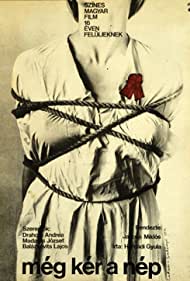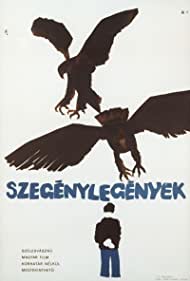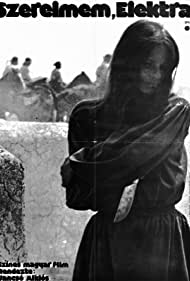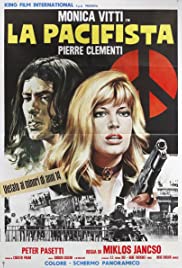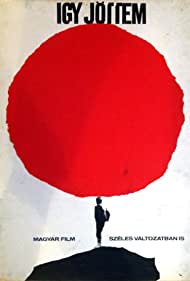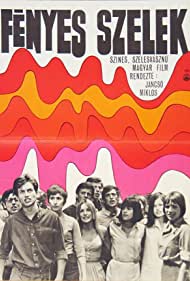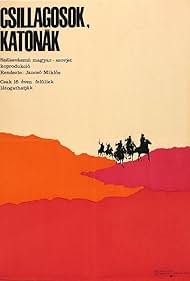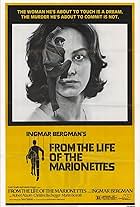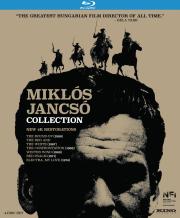StreamM4u - Miklos Jancso Movies and Tv Shows
StreamM4u.com.co - All Miklos Jancso Movies and TVshows
Private Vices, Pu
Private Vices, Public Pleasures (1976)
Prince Rudolf, heir to the throne of the Austro Hungarian Empire, deliberately provokes his father, Kaiser Franz Joseph, by his dissolute and feckless behaviour His defiance of the Kaisers rigid adherence to duty and the good of
Red Psalm (1972)
Red Psalm (1972)
Set in the 1890s on the Hungarian plains, a group of farm workers go on strike in which they face harsh reprisals and the reality of revolt, oppression, morality and violence
The Round Up (196
The Round Up (1966)
In Hungary, the national movement led by Kossuth has been crushed and the Austrian hegemony re established, but partisans carry on with violent actions In order to root out the guerilla, the army rounds up suspects and jails them
Electra, My Love
Electra, My Love (1974)
It has been fifteen years since the death of her father, Agamemnon, and Elektra still burns with hatred for Aegisztosz, who conspired with Elektras mother to kill him
The Pacifist (197
The Pacifist (1970)
A journalist is preparing a story on extremist youth and falls in love with a young radical who fears being killed by his companions when he is unable to commit a political assassination
My Way Home (1965
My Way Home (1965)
In the final days of WWII, a seventeen year old boy wanders the countryside He is captured by Soviet troops, then released, then captured once more after he has donned a German uniform for warmth and imprisoned at a remote ba
The Confrontation
The Confrontation (1969)
It is 1947 the Communist Party has just taken power in Hungary In Jancsos first color film, young students at a Peoples College have a debate with seminary students, but worry it will escalate into a fight
The Red and the W
The Red and the White (1967)
During the Russian Civil War, the Red Army aided by Hungarian Communists and the White Army fight for control of the area surrounding the Volga
Third Presence (1
Third Presence (1986)
Two rabbis show the ruins of an abandoned synagogue to a group of primary school age Jewish children, and stand by as the children dip bread in honey, drink wine, pray, and sing
